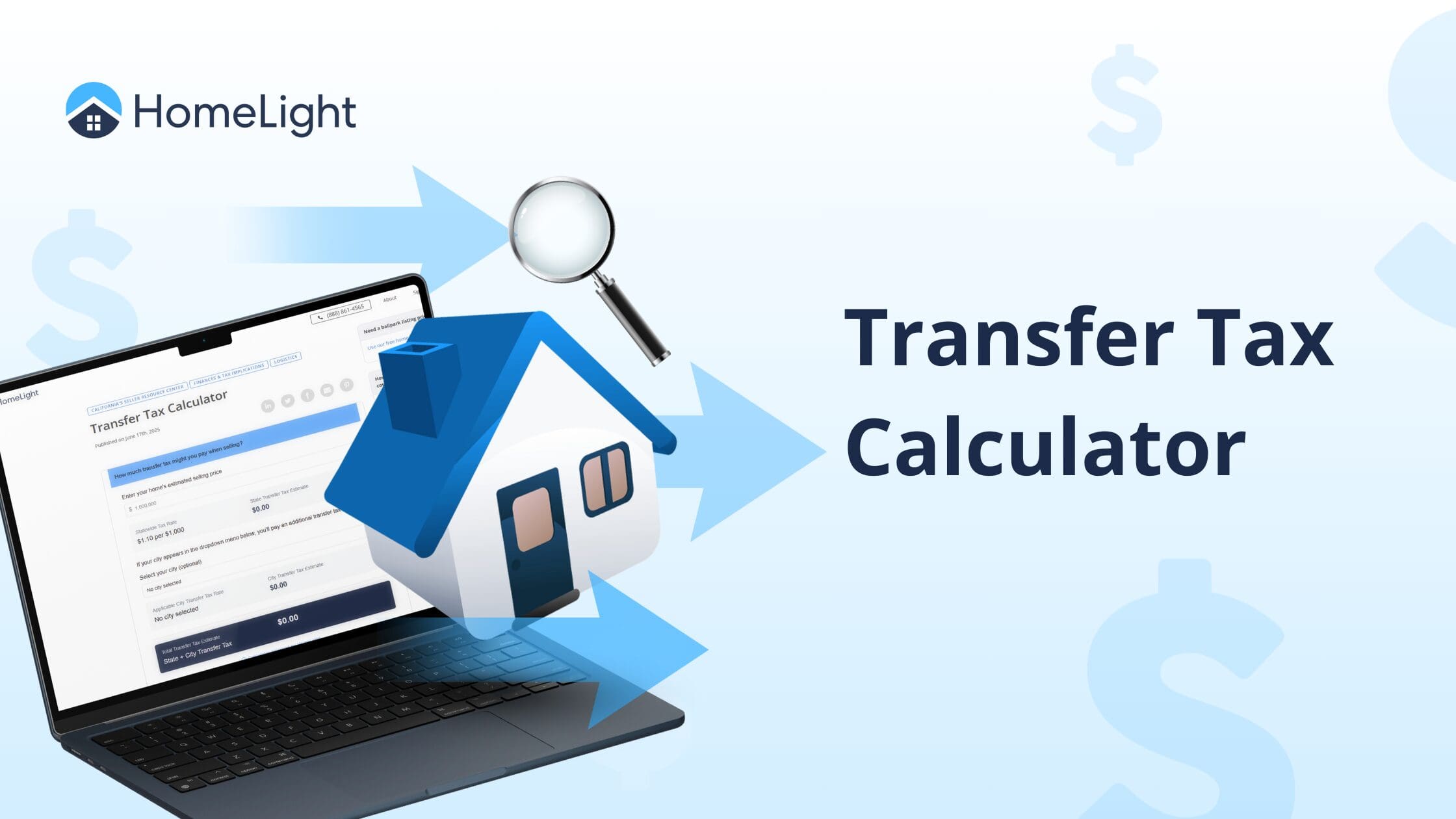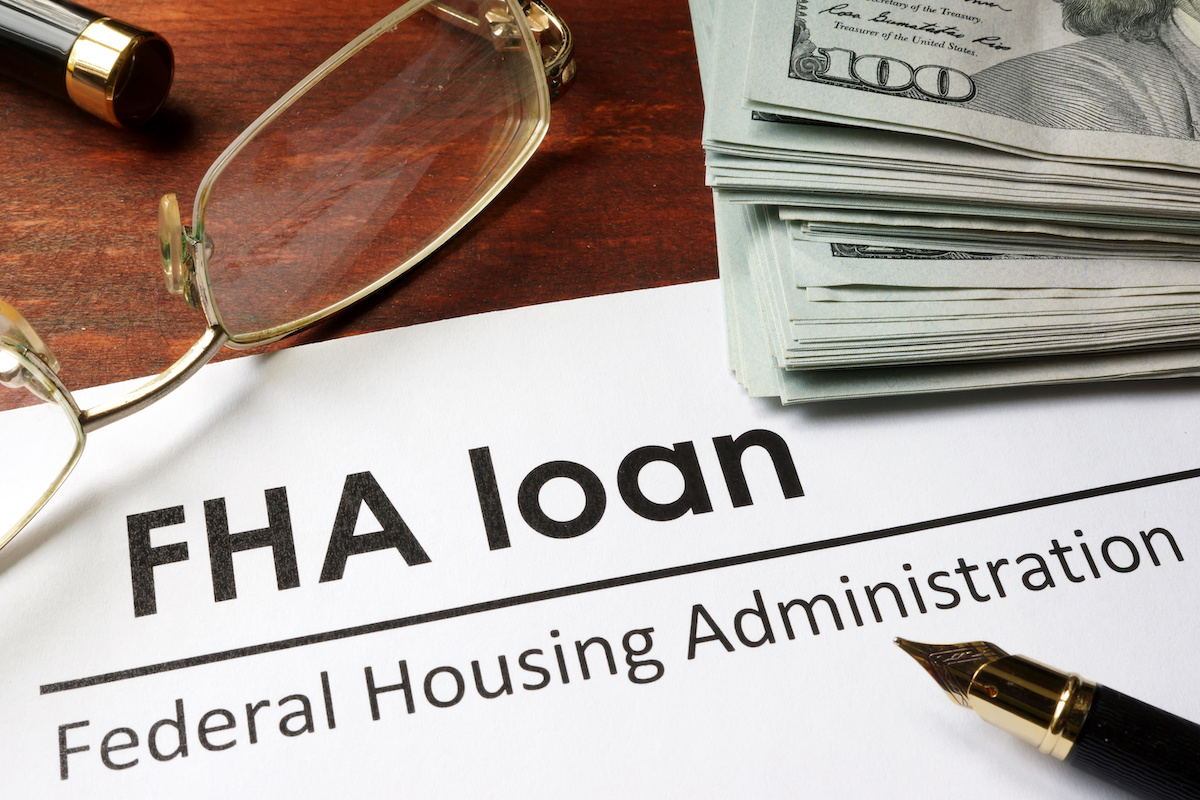Canadian real estate has been slow and that extended to the rental market last month. Rentals.ca data shows the average national asking rent made a minor drop in June, helping to print the 9th consecutive month of annual declines. Despite the persistent grind lower, rents remain much higher than 5 years ago—up more than double the target inflation rate. Now with prices seeing downward pressure ease, it’s unclear if prices are getting close to a bottom or if a second-wave correction is around the corner.
Canadian Rents Make A Minor Drop, Declines Slow
The monthly asking price for an apartment rental made a minor drop last month. The average asking rent fell to $2,125 per month in June, down 0.2% (-$4/month) from a month prior. We said minor, didn’t we?
Rents were 2.7% lower than last June, marking the 9th consecutive month that the year-over-year rate was negative. However, that is much smaller than the 3.3% drop reported in May. This indicates that downward pressure is somewhat fading, though the real test will be towards the end of summer and early fall. That’s typically the seasonal peak for rental activity.
Canadian Rents Still Up 23% Over 5 Years, Dwarfs Inflation
The average monthly rent peaked back in the third quarter of 2024, and while prices have come down—they have a long trip back to the path of affordability. The average rental is still up 22.8% (+$394/month) over the past 5 years, even after the recent pullback. That’s more than double the Bank of Canada (BoC) target inflation rate, and 30% faster than far-above target reality reported. Good news for investors but bad news for the economy.
Rising rents are a double-edged sword. Aggressive increases incentivize demand from investors seeking higher yields. This traditionally increases supply as more people attempt to capture these rising rents. More supply can boost the economy through spin-off activity, though not quite as much as home sales.
On the other hand, rents rising faster than income means reduced disposable income for households. The reduction slows consumption and thus the economy, creating a compounding drag that isn’t easily escaped. This often observed at the end of the business (or real estate) cycle.




















 English (US) ·
English (US) ·